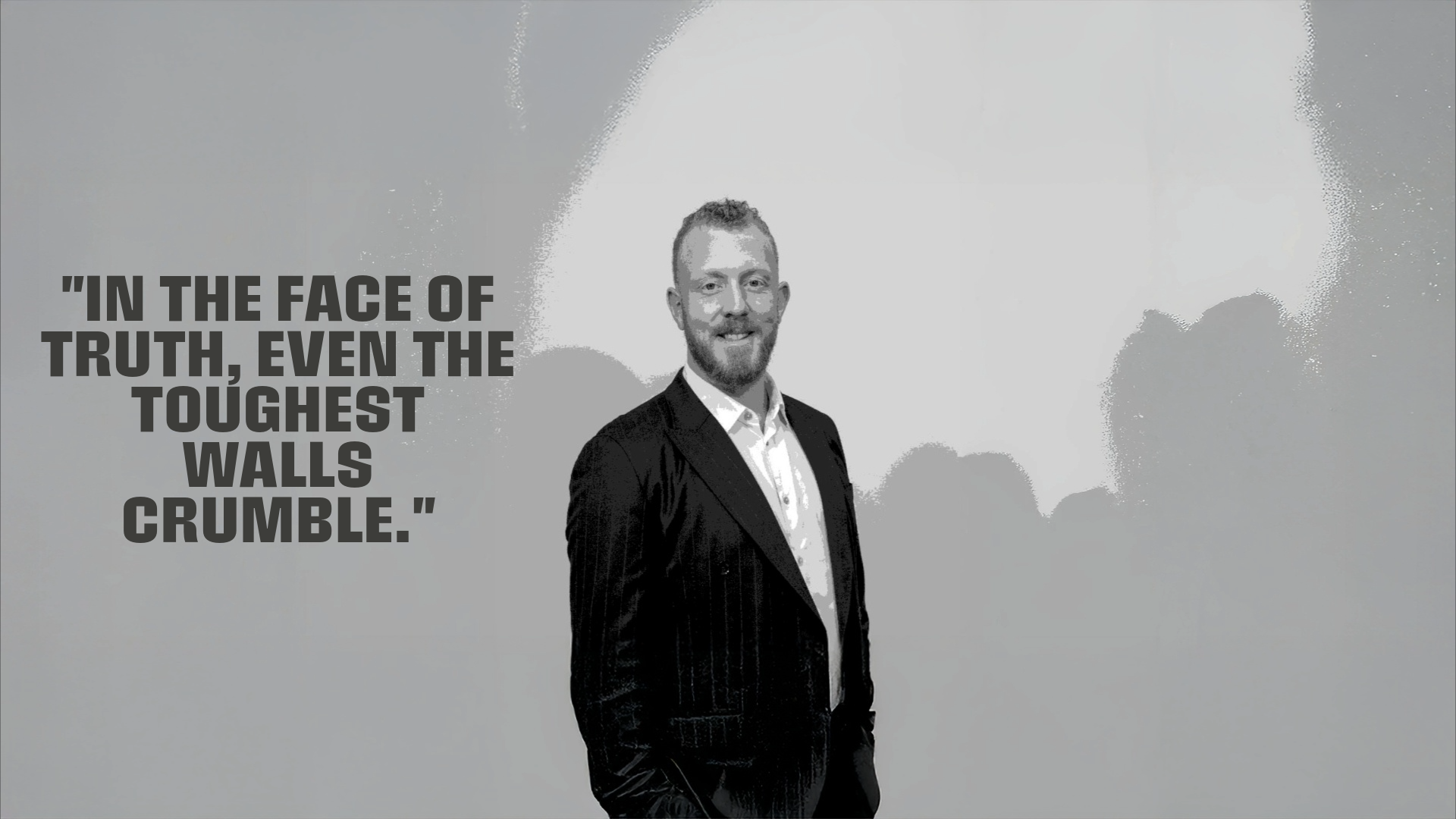Introduction
In the construction industry, the role of a quantity surveyor and contract administrator is crucial. Over the years, I have had the opportunity to serve as an expert witness in various legal disputes. This experience has taught me several brutal lessons that have shaped my professional journey. In this article, I will delve into the first lesson: the importance of being utterly prepared for the unexpected in cross-examination.
Importance of Preparation
Preparation is the cornerstone of success for any expert witness in the construction industry. The complexity of construction projects, coupled with the intricacies of legal disputes, necessitates a thorough understanding of all relevant documents, contracts, and technical details. As an expert witness, your credibility hinges on your ability to provide accurate and reliable information under scrutiny.
Being well-prepared involves more than just reviewing documents. It requires anticipating potential questions, understanding the opposing counsel’s strategy, and practising your responses. This level of preparation ensures that you can remain calm and composed during cross-examination, even when faced with unexpected questions and scenarios.
Challenges in Cross-Examination
One of the most challenging aspects of being an expert witness is facing cross-examination. No matter how well-prepared you are, there will always be unexpected questions and scenarios. The key is to remain calm and composed, and to rely on your thorough preparation.
During cross-examination, opposing counsel will attempt to discredit your testimony by questioning your qualifications, expertise, and the validity of your opinions. They may also try to catch you off guard with unexpected questions or scenarios. It is essential to maintain a calm demeanour and stick to the facts, avoiding any emotional reactions.
Actionable Advice
To effectively navigate the challenges of cross-examination, here are some actionable tips:
- Over-prepare: Review all documents, anticipate potential questions, and practice your responses. This will help you stay confident and composed during cross-examination.
- Maintain a calm demeanour: Stick to the facts and do not let personal attacks or attempts to undermine your credibility affect your testimony.
- Use plain language: Present your information clearly and simply, avoiding jargon and complex explanations.
- Focus on your strengths: Remind yourself of your qualifications and experience, and use this to boost your confidence.
- Uphold your professional ethics: Always adhere to your professional standards, ethics, and beliefs, even under pressure.
Examples from Garry Andrews’s Experience
Throughout my career as a construction expert witness, I have faced numerous cross-examinations. Here are some specific examples and anecdotes that illustrate the importance of preparation:
Example 1: Unexpected Question about a Minor Detail
During a high-stakes dispute, I was asked an unexpected question about a minor detail in a contract. Because I had thoroughly reviewed the documents, I was able to provide a clear and accurate response, which strengthened my credibility. This experience reinforced the importance of over-preparing and anticipating potential questions.
Example 2: Handling Credibility Challenges
In one case, opposing counsel tried to discredit my expertise by questioning my qualifications. Instead of reacting defensively, I calmly provided evidence of my credentials and experience, which reinforced my credibility. This example highlights the importance of maintaining a calm demeanour and sticking to the facts.
Example 3: Staying True to Yourself and the Court
Honesty and integrity are paramount when serving as an expert witness. In a dispute over construction delays, I had to admit that some of the delays were due to my client’s actions. While this was difficult, it was the right thing to do and ultimately helped the court reach a fair decision. This example underscores the importance of upholding professional ethics and providing truthful testimony.
Example 4: Behaving Like a Child Telling the Teacher the Truth
When testifying, it is important to present your information clearly and simply, much like a child telling the teacher what happened on the playground. In a case involving complex contractual terms, I broke down the information into simple, easy-to-understand language. This helped the judge and jury grasp the key points and made my testimony more effective. This example demonstrates the value of using plain language and straightforward explanations.
Example 5: Overcoming Feelings of Inferiority in the Courtroom
It is natural to feel intimidated in the courtroom, especially when facing experienced lawyers and judges. During my first court appearance, I felt overwhelmed by the formal setting and the presence of senior legal professionals. By focusing on my expertise and the thorough preparation I had done, I was able to deliver confident and effective testimony. This example highlights the importance of focusing on your strengths and the value you bring as an expert.
Conclusion
Being an expert witness in the construction industry is a challenging but rewarding role. The lessons I have learned through my experiences have not only shaped my professional approach but also reinforced the importance of preparation, integrity, and effective communication. By applying these lessons, you can navigate the complexities of legal disputes and make a meaningful impact in your field.
In conclusion, the first lesson—being utterly prepared for the unexpected in cross-examination—is crucial for any construction expert witness. By over-preparing, maintaining a calm demeanour, using plain language, focusing on your strengths, and upholding your professional ethics, you can effectively navigate the challenges of cross-examination and provide valuable testimony. These strategies will not only enhance your credibility but also help you rank for the keyword “construction expert witness.”

